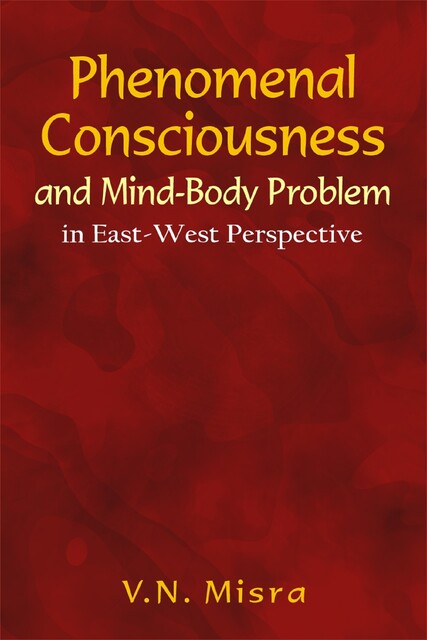The problem of explanatory gap in the phenomenal consciousness has risen in the Western philosophy mainly because the consciousness itself and its manifestations or reflections are treated separately. Whereas, according to the Vedānta school of India, the phenomenal consciousness is merely manifestations of self-consciousness which is embodied in the human beings. In this approach, the phenomenal consciousness and self-consciousness are one and the same thing because the former depends upon the latter. Hence, there is no explanatory gap in the phenomenal consciousness. Similar is the case with the mind–body problem which exists in the Western philosophy mainly because the mind is treated as synonymous with consciousness.
This book solves the above problems on the basis of the Indian philosophy and existential philosophy of Jean-Paul Sartre. In both the philosophies, there is no explanatory gap in the phenomenal consciousness and the mind–body problem.


